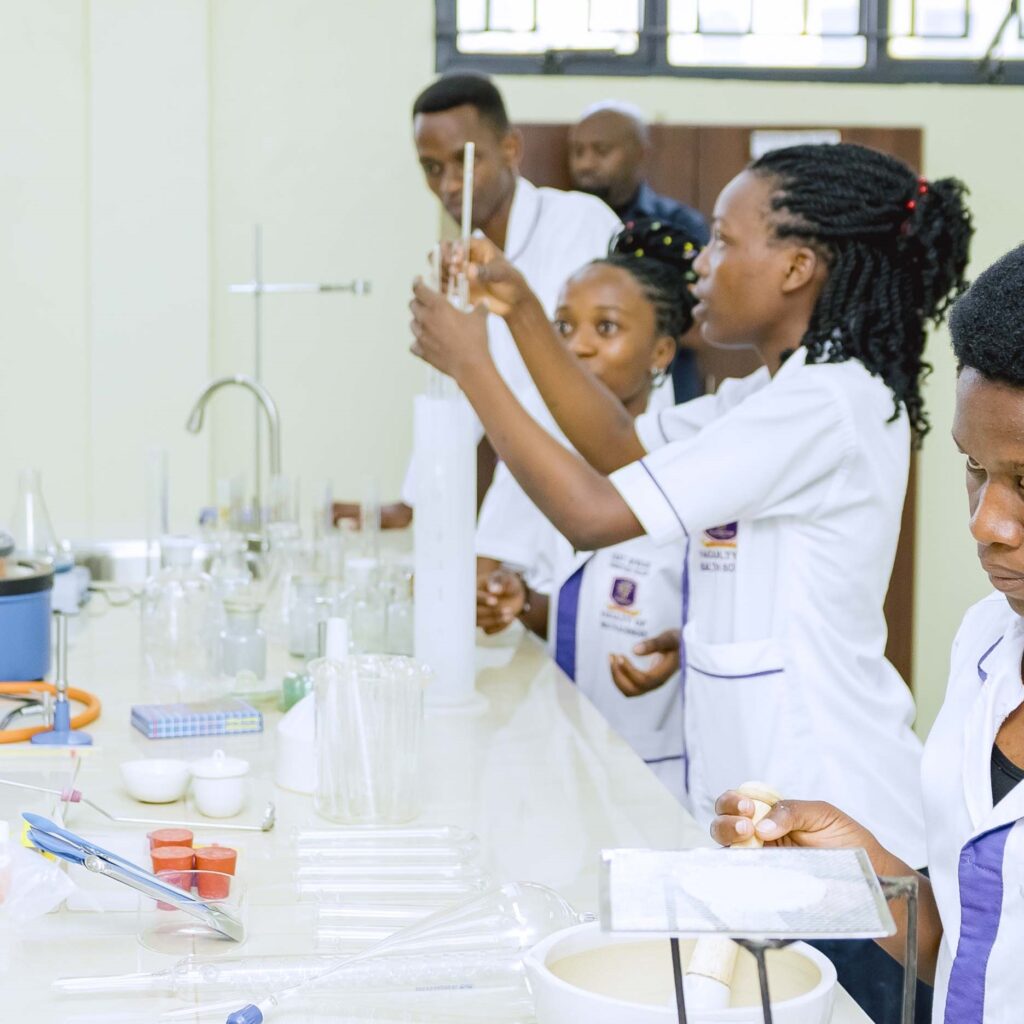Addressing Malaria Vector Control Challenges in South Sudan: Proposed Recommendations
Addressing Malaria Vector Control Challenges in South Sudan: Proposed Recommendations
Abstract
Upon the signing of the Comprehensive Peace Agreement in 2005, the Republic of South Sudan (RSS) has faced a lot of challenges, such as a lack of infrastructure, human resources and an enormous burden of vector borne diseases including malaria. While a national malaria strategic plan 2006-2011 was developed, the vector control component has remained relatively weak. The strategy endorses the distribution of long-lasting insecticidal nets (LLINs) as the frontline intervention with other interventions recommended only when technical and institutional capacity is available. In 2006, a draft integrated vector management (IVM) strategic plan 2007–2012 was developed but never implemented, resulting in minimal coordination, implementation and coverage of malaria vector control tools including their inherent impact. To address this challenge, the vector control team of the National Malaria Control Programme (NMCP) is being strengthened. With the objective of building national capacity and technical collaboration for effective implementation of the IVM strategy, a national malaria vector control conference was held from 15-17th October 2012 in Juba. A range of NMCP partners, state ministries, acadaemia, private sector, national and international non-governmental organizations, including regional and global policymakers attended the meeting. The conference represented a major milestone and made recommendations revolving around the five key elements of the IVM approach. The meeting endorsed that vector control efforts in RSS be augmented with other interventions within the confines of the IVM strategy as a national approach, with strong adherence to its key elements.

